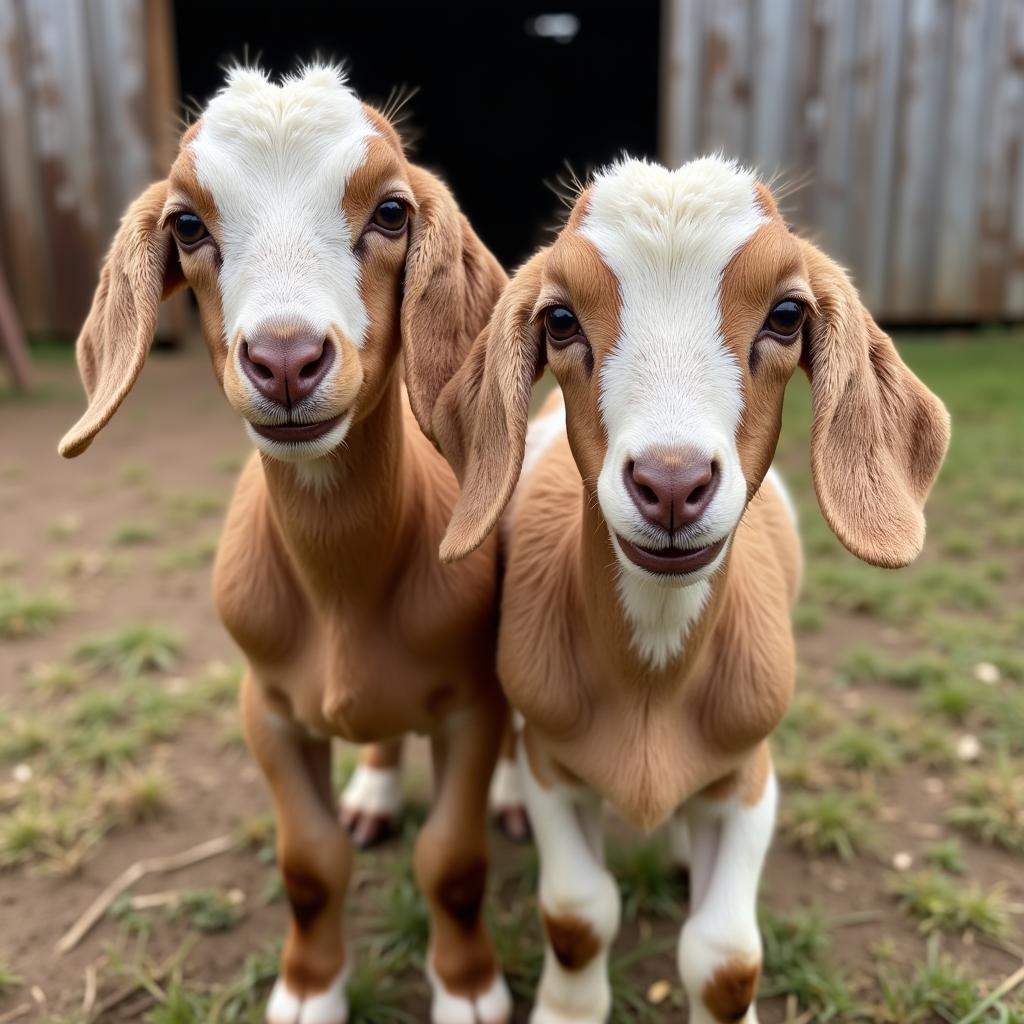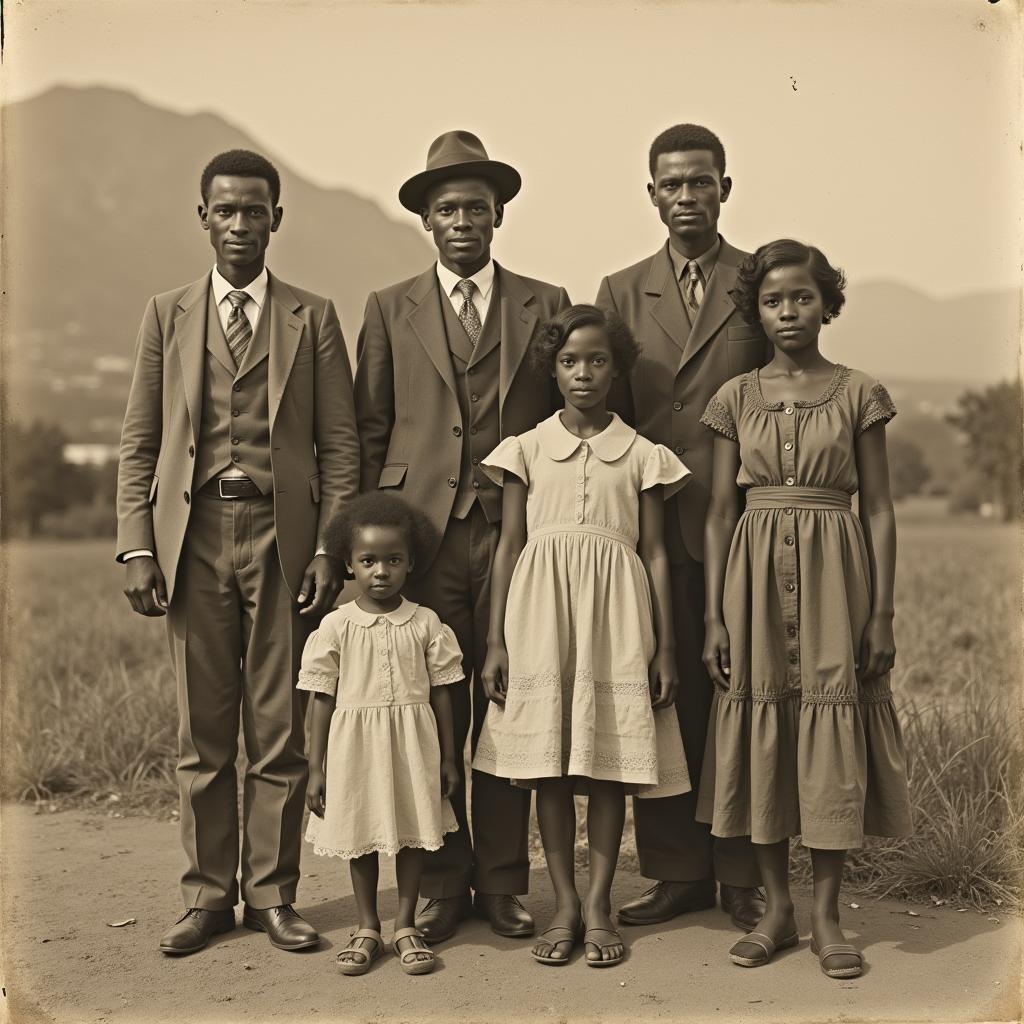African Belts for Women: A Celebration of Culture, Style, and Heritage
African belts for women are more than just accessories; they are vibrant expressions of culture, heritage, and personal style. These intricately crafted pieces, often imbued with deep symbolism and meaning, have adorned women across the African continent for centuries. From the bold, beaded designs of the Maasai people to the intricate leatherwork of the Tuareg, African belts offer a glimpse into the rich tapestry of traditions and aesthetics found across the continent.
Exploring the Diverse World of African Belts
African belts encompass a stunning array of styles, materials, and techniques, each reflecting the unique cultural heritage of its origin. Let’s delve into some of the most captivating types:
Beaded Belts: A Tapestry of Colors and Symbols
Beaded belts hold a special place in many African cultures, often serving as powerful symbols of femininity, status, and tribal affiliation. The Maasai women of East Africa, for example, are renowned for their elaborately beaded belts, which signify age, marital status, and social standing. These belts, often adorned with intricate geometric patterns and vibrant colors, are a testament to the artistry and cultural significance embedded within each bead.
Woven Belts: Threads of Tradition and Skill
From the colorful kente cloth belts of Ghana to the finely woven raffia belts of Madagascar, woven belts showcase the exceptional textile traditions found across Africa. These belts, often created using traditional looms and techniques passed down through generations, are not merely accessories but works of art that tell stories of heritage and skill.
Leather Belts: Embellished with History and Meaning
Leather belts, often adorned with intricate tooling, metalwork, or symbolic charms, are another cornerstone of African adornment. The Tuareg people of the Sahara Desert, for instance, are known for their exquisitely crafted leather belts, often featuring intricate designs and amulets believed to provide protection and good fortune. These belts, worn by both men and women, are a powerful symbol of Tuareg identity and cultural pride.
How Women are Styling African Belts Today
African belts have transcended their traditional roots to become coveted fashion statements worldwide. Modern women are embracing these versatile accessories, incorporating them into a wide range of styles:
- Boho Chic: African beaded or woven belts add a touch of global flair to flowing maxi dresses, peasant blouses, and other bohemian-inspired outfits.
- Modern Minimalism: A statement African belt, with its bold patterns or intricate details, can effortlessly elevate a minimalist ensemble, adding a pop of color and cultural significance.
- Afrocentric Fashion: For those seeking to celebrate their African heritage, these belts are a perfect way to infuse their wardrobe with authentic cultural pieces.
Choosing the Perfect African Belt
With such a diverse array of styles available, selecting the right African belt can seem daunting. Here are a few tips to guide you:
- Consider the Occasion: A brightly beaded belt might be perfect for a festive celebration, while a more understated leather belt might be suitable for everyday wear.
- Think about Your Personal Style: Do you gravitate towards bold colors and patterns, or do you prefer more muted tones and minimalist designs?
- Research the Cultural Significance: Understanding the symbolism and meaning behind different belt styles can add depth and appreciation to your choice.
African Belts: More Than Just Accessories
African belts are far more than mere fashion accessories; they are tangible links to a rich cultural tapestry, each stitch, bead, and embellishment whispering tales of tradition, artistry, and heritage. By wearing an African belt, you are not just making a fashion statement but embracing and celebrating the beauty and diversity of African culture.
Frequently Asked Questions about African Belts for Women
1. What are African belts typically made of?
African belts are crafted from a wide range of materials, including leather, beads, cloth, metal, and even bone. The specific materials used often depend on the cultural origin and traditional techniques of the belt.
2. Are African belts only worn for special occasions?
While some African belts are reserved for ceremonies and special events, many are worn daily as part of traditional attire or incorporated into modern fashion.
3. Where can I purchase authentic African belts?
You can find authentic African belts from various sources, including:
- Fair Trade Retailers: Support ethical businesses that work directly with African artisans.
- Online Marketplaces: Explore reputable online platforms specializing in handcrafted goods.
- African Boutiques: Seek out boutiques or stores that specifically curate African fashion and accessories.
4. How do I care for my African belt?
The care instructions for your African belt will depend on the materials used. Always check for care labels or inquire with the seller for specific guidelines.
5. Can I wear an African belt even if I’m not of African descent?
Absolutely! Appreciating and celebrating different cultures through fashion is a beautiful thing. However, it’s essential to wear African belts with respect and understanding for their cultural significance, avoiding cultural appropriation.
Need Help Finding Your Perfect African Belt?
We’re here to help! Contact us at:
Phone: +255768904061
Email: [email protected]
Address: Mbarali DC Mawindi, Kangaga, Tanzania
Our dedicated team is available 24/7 to assist you. Explore our website for more articles on African fashion, culture, and lifestyle.




